1. “Sock it to me!” – Laugh-In
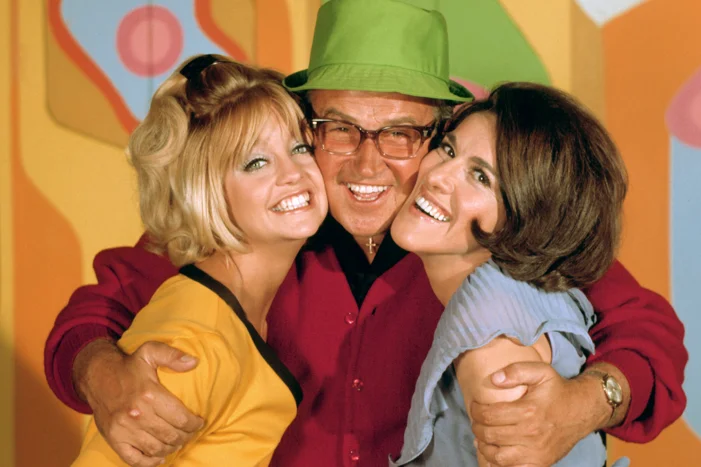
When Laugh-In premiered in the late ’60s, it brought with it a wave of energy and a brand-new kind of humor. This catchphrase, “Sock it to me!” was often yelled out by the show’s cast, and it quickly became a symbol of the era’s fun-loving, cheeky spirit. The phrase was used as a playful challenge, urging someone to give it their all, whether in a joke or a physical feat.
The show’s eccentric humor made the phrase a perfect fit, and it stuck around in popular culture long after Laugh-In ended. People still use it today to encourage someone to go big or take a bold action, often in a lighthearted way. It’s one of those phrases that perfectly encapsulates the carefree attitude of the ’60s while still feeling relevant when you’re trying to get someone to step up their game.
2. “I’ve got a secret” – I’ve Got a Secret
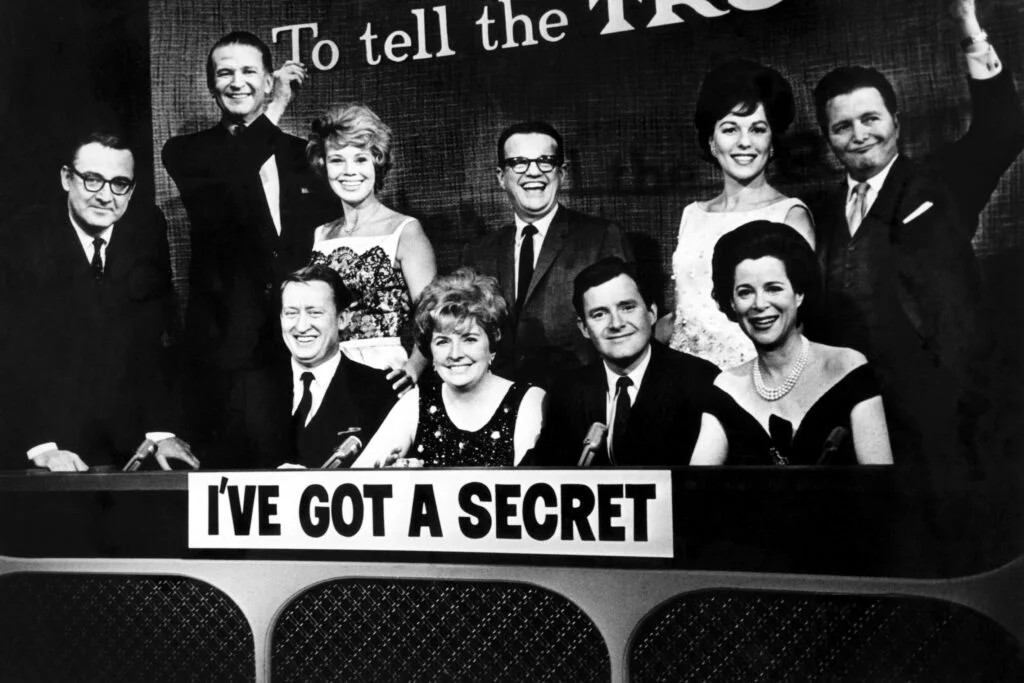
“I’ve got a secret” was a staple of the ’60s game show I’ve Got a Secret, where contestants would reveal quirky facts about themselves while the panelists guessed what those secrets might be. The host, Garry Moore, would introduce each contestant with a wink and a nod, making the phrase even more fun and mysterious.
The appeal of this phrase transcended the show itself, finding a place in everyday conversations. It’s often used in a teasing, playful manner, indicating that someone has something exciting or mysterious to share. Even now, when we say “I’ve got a secret,” it’s typically accompanied by a sense of anticipation, just like it was back in the ’60s.
3. “You got it, dude!” – Full House
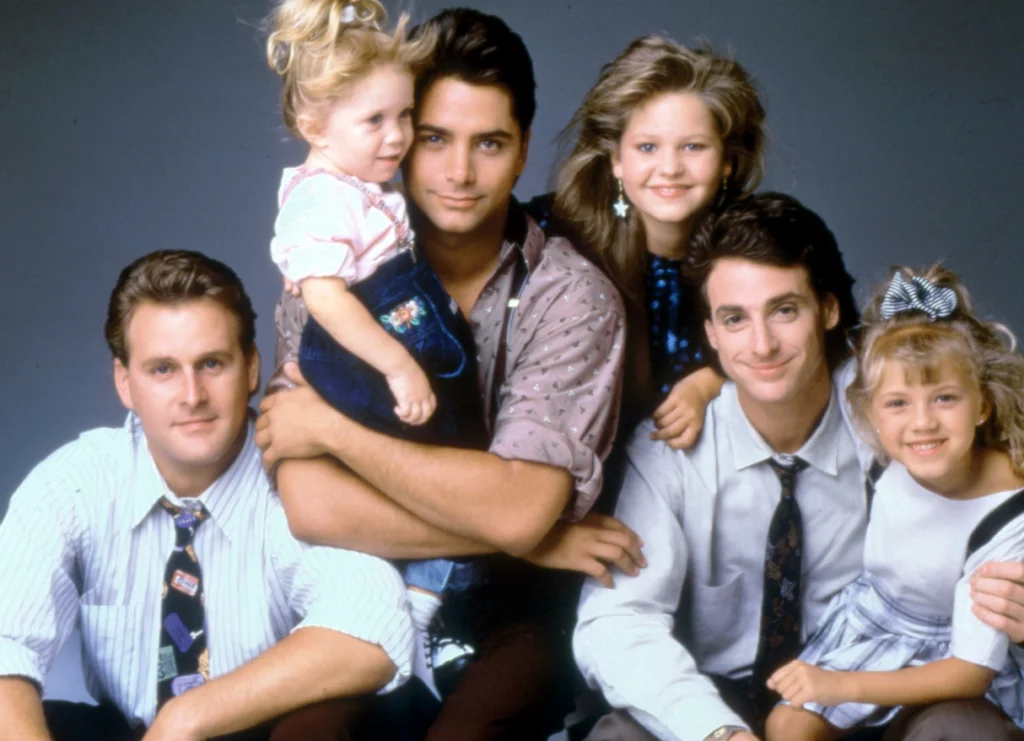
Though this show aired a bit later in the ’80s, “You got it, dude!” from Full House has its roots in the ’60s-era catchphrase culture. Often said by the lovable Uncle Jesse (John Stamos) to his nieces and nephews, this phrase became a symbol of the wholesome, easygoing vibe of family sitcoms. The lighthearted tone and the frequent use made it stick in the minds of viewers.
Decades later, you can still hear people using this catchphrase in playful exchanges or as an affirmation. It’s that simple phrase of encouragement that, when said with enthusiasm, feels both reassuring and nostalgic. Even in today’s world, it’s a fun way to show support and recognition, whether you’re giving someone a thumbs up or helping them solve a problem.
4. “Dyn-o-mite!” – Good Times
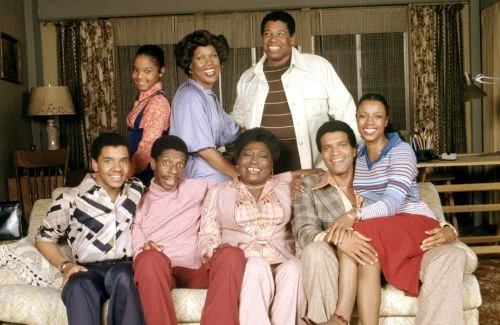
The phrase “Dyn-o-mite!” was popularized by the character Jimmie Walker, playing J.J. Evans on Good Times. His exuberant delivery made it an unforgettable part of his character’s personality. Whether J.J. was celebrating a victory or just reacting to something outlandish, this catchphrase was his go-to exclamation.
Even though Good Times aired in the ’70s, this catchphrase was born in the late ’60s, tapping into the era’s fondness for energetic expressions. Today, “Dyn-o-mite!” is often used in a tongue-in-cheek way to express excitement or amazement. It’s one of those catchphrases that still makes people smile, reminding us of J.J.’s infectious energy and the times when TV truly captured the exuberance of youth culture.
5. “That’s the way the cookie crumbles” – The Twilight Zone
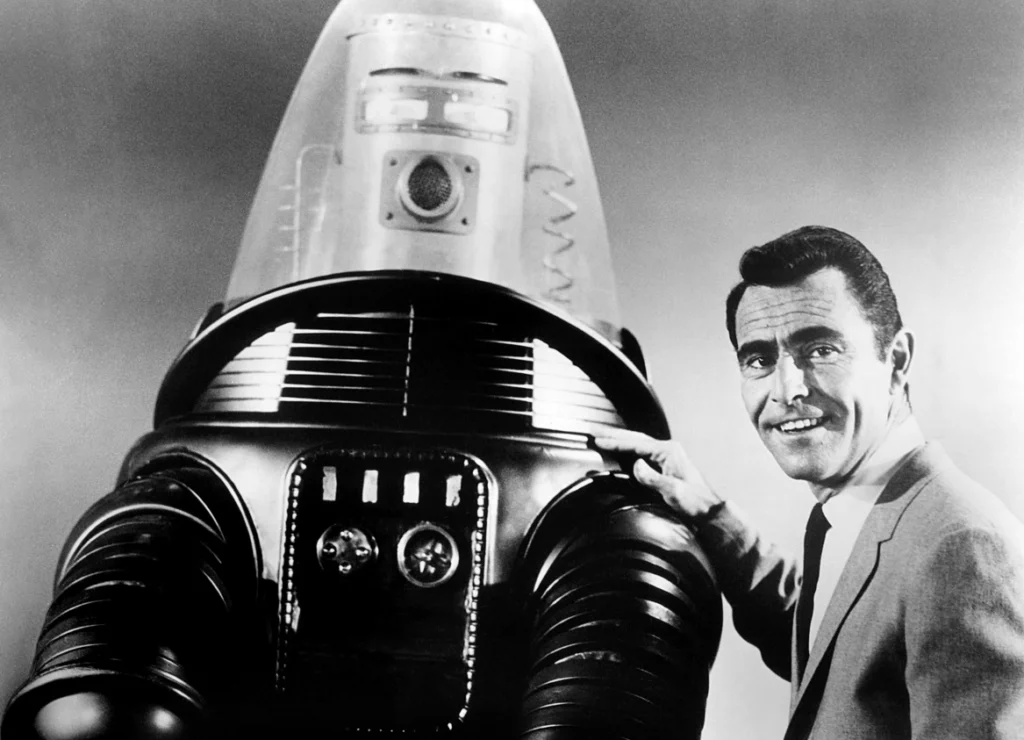
A quirky line from The Twilight Zone that caught on long after the show’s final episode, “That’s the way the cookie crumbles” has become a way to express resignation or acceptance of a situation. It originated from a line in the Twilight Zone episode “The Monsters Are Due on Maple Street,” where it was said with a mix of dry humor and inevitability.
Its charm lies in how it’s used to gently accept fate or acknowledge that things don’t always go as planned. Though it’s a little more subdued than some other phrases from the ’60s, its straightforward nature made it stick. Whether it’s about a small personal setback or a funny mishap, people still find comfort in using this catchphrase to ease the frustration.
6. “What’s the frequency, Kenneth?” – Dan Rather Incident
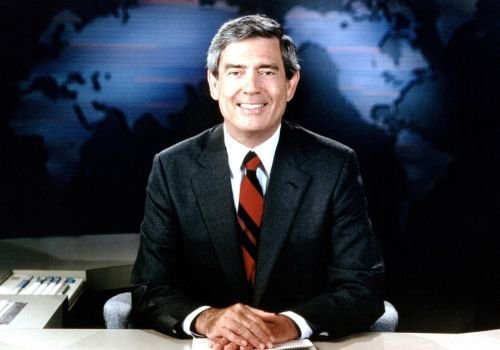
While this catchphrase isn’t from a fictional TV show, it became a part of pop culture following a bizarre real-life incident involving Dan Rather, the CBS anchor. In 1986, Rather was attacked on the streets of New York City, and during the altercation, the assailant kept asking him, “What’s the frequency, Kenneth?” It was an odd phrase that became a symbol of confusion and surreal moments.
Over time, the catchphrase made its way into TV shows, music, and casual conversation, becoming shorthand for absurd or out-of-place questions. Its origin as a spontaneous outburst turned it into a widely recognized phrase, and even today, people still use it to humorously express bewilderment. The surreal nature of the phrase and the strange circumstances around its creation give it an edge that has kept it relevant across generations.


